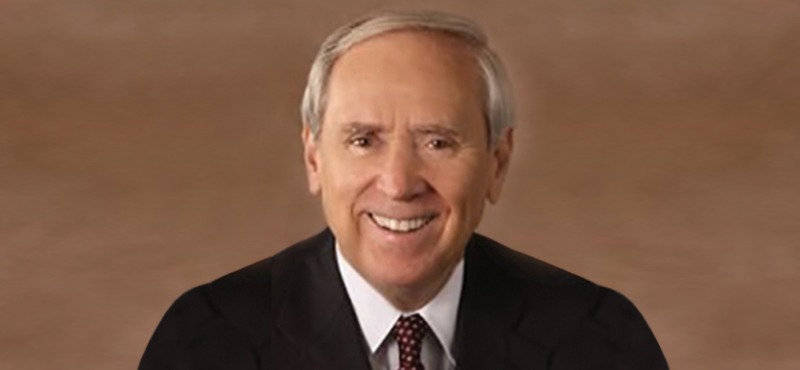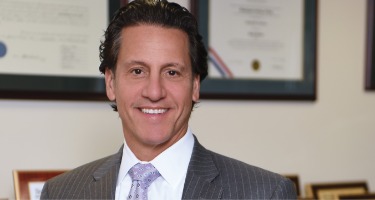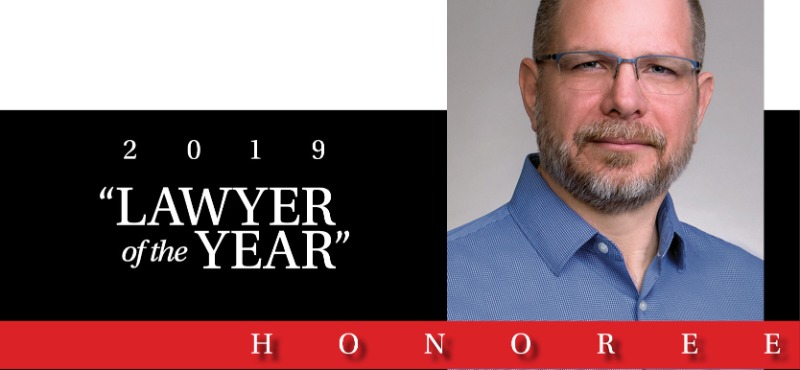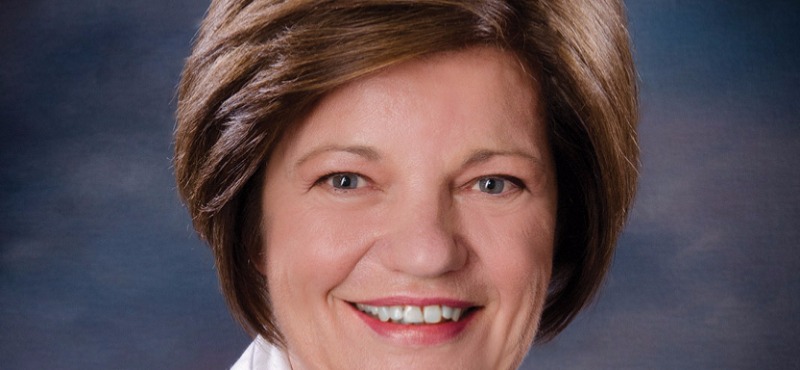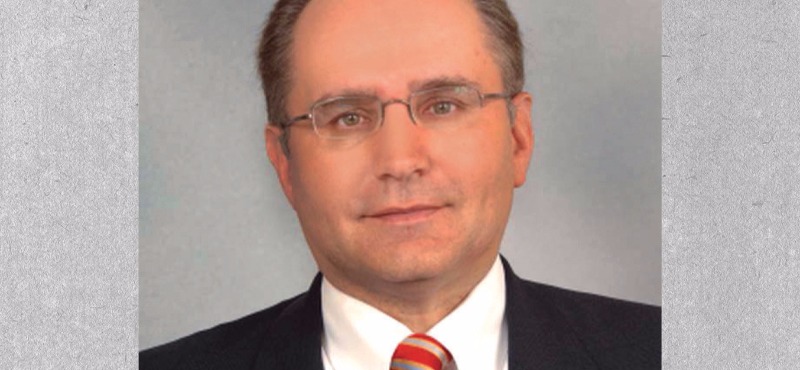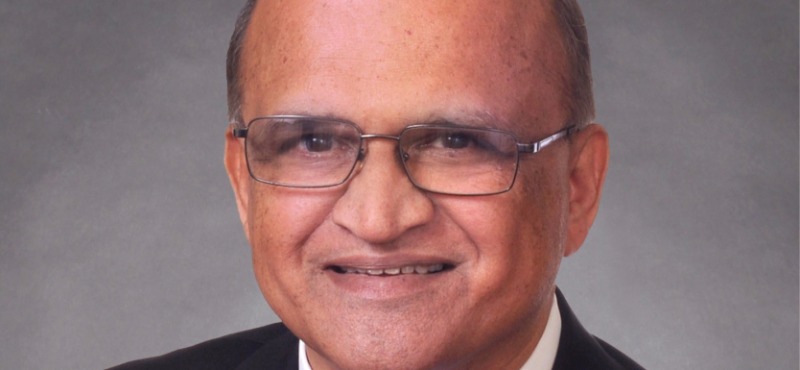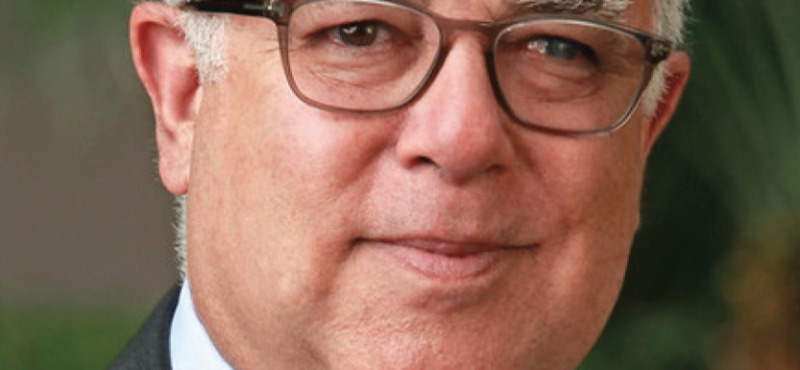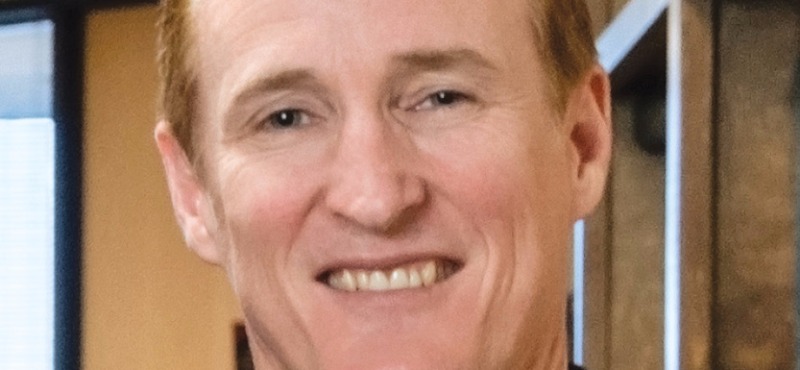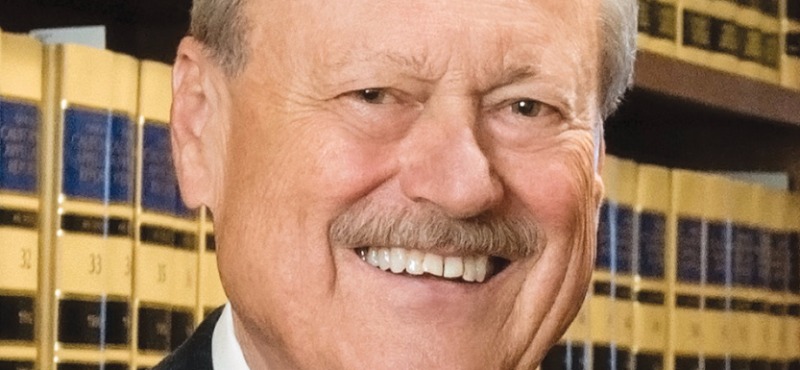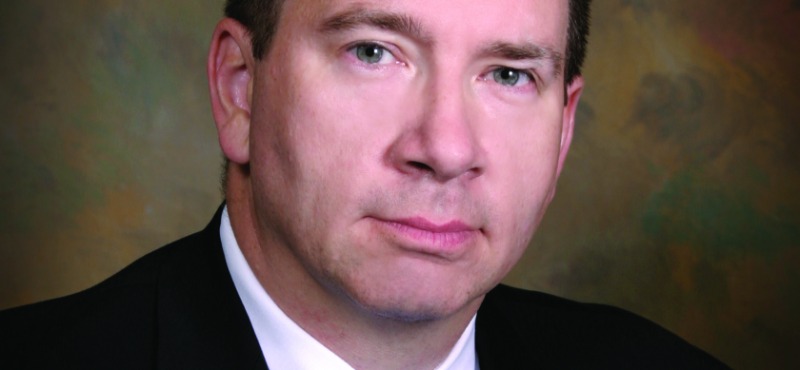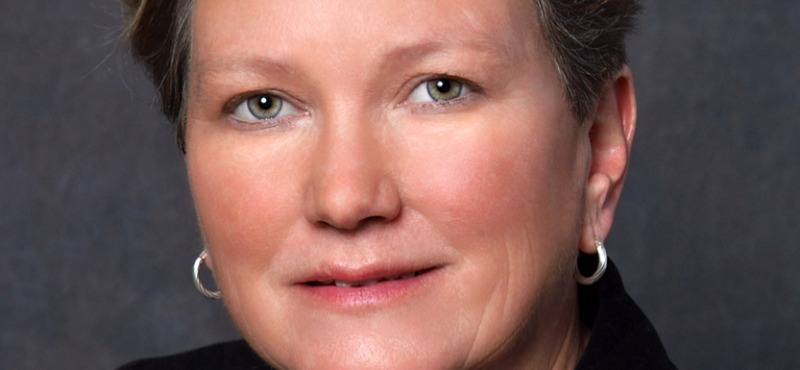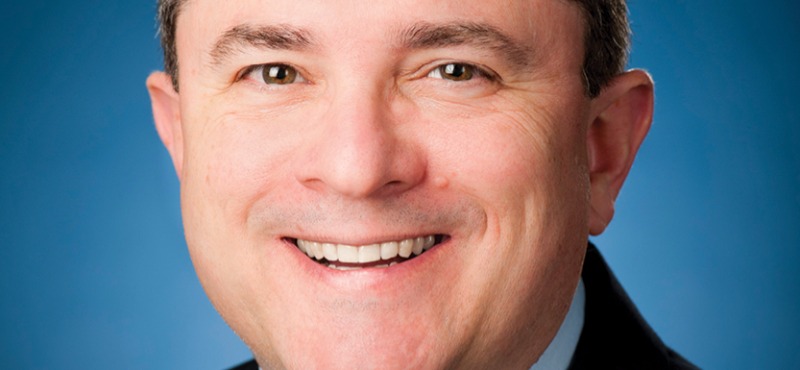Richard Boyle has the weight of history behind him when it comes to defending railroads. His firm, Boyle Brasher, and its predecessors have represented the major rail companies for the past 120 years, and Boyle himself has brought more than 100 of those cases to verdict.
Boyle’s trial successes include the defense of a construction company in the event of mold exposure; the defense of an aircraft manufacturer against a pilot; and the defense of a physician after an unsuccessful operation. He appealed to the Illinois Supreme Court after a railroad client was sued in a county where the railroad did not typically do business. The Supreme Court sided with Boyle’s position, setting a precedent in the state over which venues, whether business or jurisdiction, are appropriate for trial. For all Boyle’s work in the field, going on to receive the “Lawyer of the Year” award in railroad law, he came to the practice area by circumstance rather than any boyish affinity for trains.
“I didn’t have any particular connection with railroads before I joined the firm,” Boyle says, though his tenure at Boyle Brasher he’s come to appreciate aspects of the law unique to that practice. “Railroads, I find, are excellent clients. There are good lawyers that we work with for the railroads.”
While the firm’s size, history, and resources all offer advantages for Boyle and his fellow attorneys, the nature of the cases—and the prominence of their clients—pose certain difficulties. “It’s also very challenging to represent major companies, and particularly employers, in suits by railroad employees,” Boyle says, speaking to the issues unique to his practice.
In spite of this, Boyle is drawn to the firm’s longtime practice and enjoys the trial process. “I find railroad crossing cases to be of major interest as far as I am personally concerned because they’re interesting to try,” he says. “It’s litigation.”
Boyle was grateful to receive the award but he stressed that the collective work of the firm is what allowed him to stand out. “Although I’ve been selected for [‘Lawyer of the Year’], it’s the firm basically that I’m with because we have a substantial amount of railroad trial lawyers,” Boyle says, citing collaboration with his colleagues and their shared backgrounds. “We’ve had a close contact with railroad trial litigation for a long period of time.”
